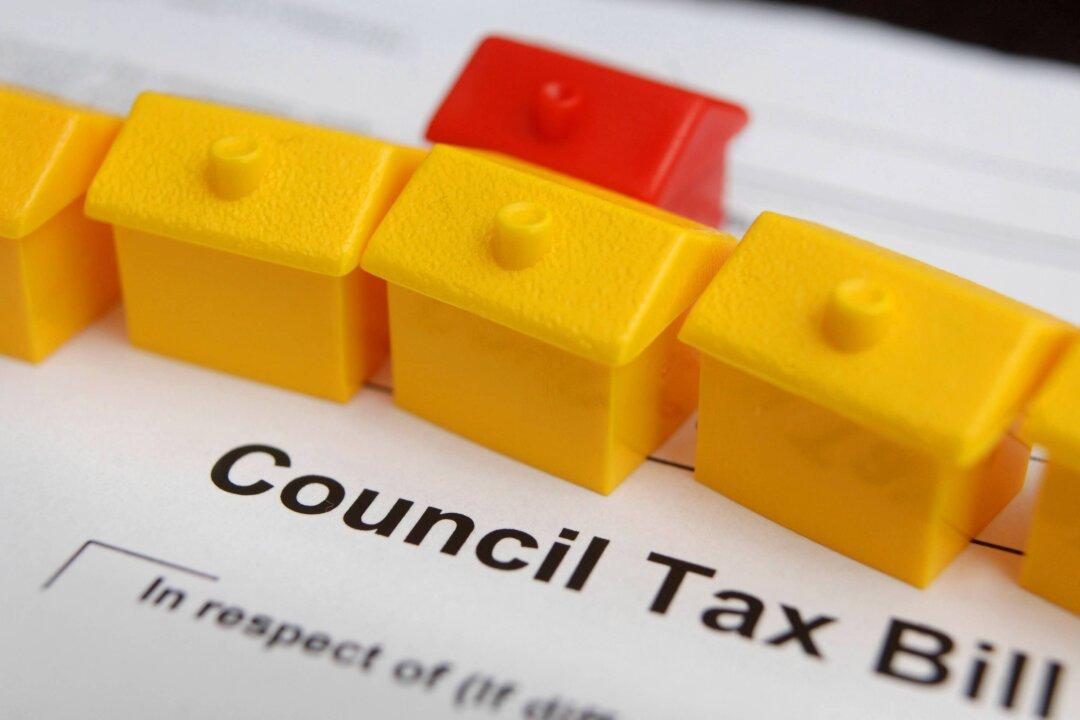Local governments have warned of higher council taxes following the government announcing its provisional funding package for councils in the year 2024–25.
Levelling Up Secretary Michael Gove said the £64 billion settlement represents an above-inflation 6.5 percent increase on the current financial year.





